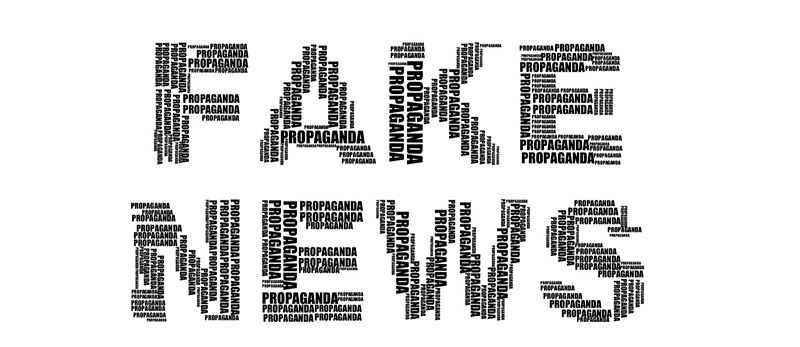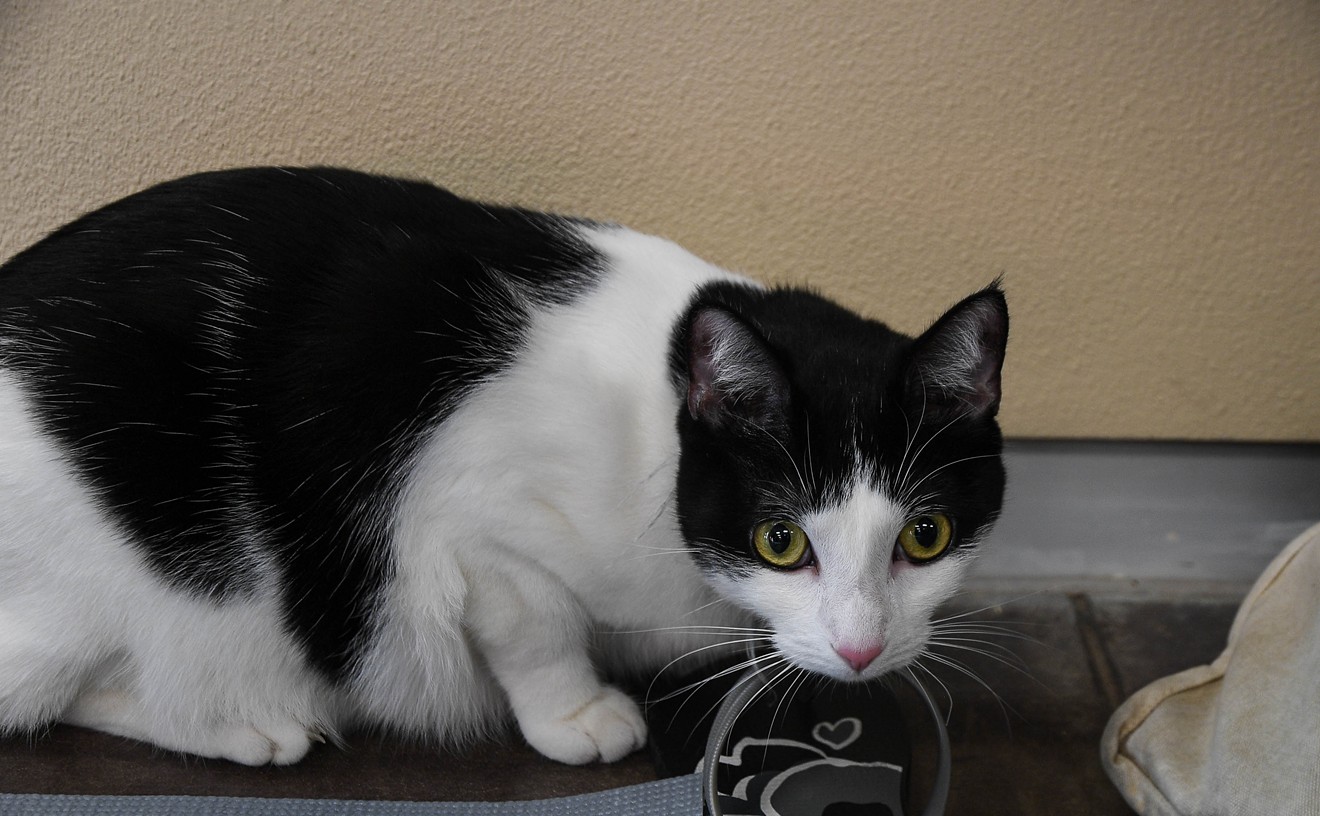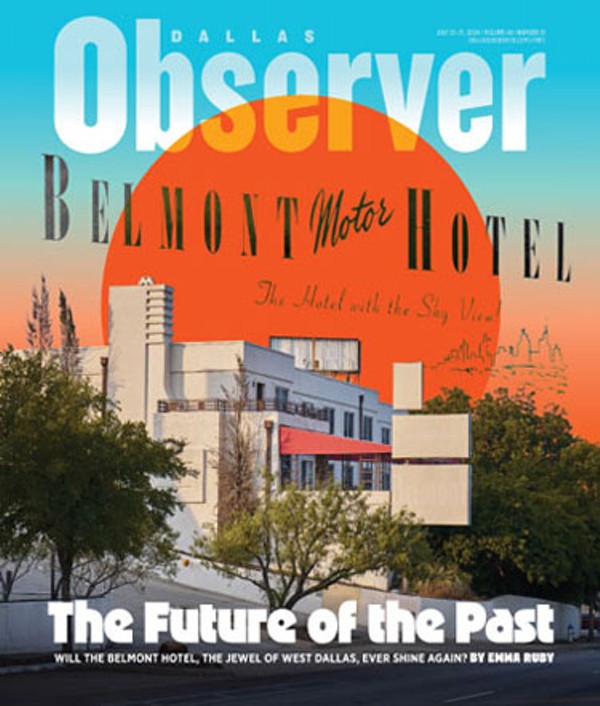So how is that different from the Russians?
Look, I get that the Russians are Russians. They are a foreign power accused of using social media to influence American elections. The people at the Dallas consulting firm are not Russians, as far as I know. They are Americans who use social media to influence American elections.
But is that the end of the story? I don’t think so, not from what I read. In all the hand-wringing over Facebook and the congressional grilling of Facebook CEO Mark Zuckerberg, the real sin, even bigger than being a Russian, seems to be lying, or, as we now call it, fake news.
Fake news, I gather, is stuff that is somewhat not totally true maybe, purveyed deliberately by people who know it is not totally true maybe but who purvey it anyway in order to get a certain reaction out of the people who read it.“This boy knows. He keeps his ‘eye on the ball.’ He’s the kind of boy that eats Kellogg’s. He likes the taste, the realness of these flakes.” — early cereal box
tweet this
Or, as it used to be called in the days of dinosaur media, advertising. We charged big money for that. We wish we could again.
Before Russian trolls, before Google, before the internet, even before computers, I was told every morning by a breakfast food box that I could become a professional baseball player by eating Kellogg's Corn Flakes. I looked up the box yesterday on Google. It had a picture of a boy wearing a necktie and a newsboy cap about to swing a bat.
The box said, “This boy knows. He keeps his ‘eye on the ball.’ He’s the kind of boy that eats Kellogg’s. He likes the taste, the realness of these flakes.” I can now tell you without fear of contradiction that, in my own case anyway, that was fake news.
So tell me precisely what the difference is between the cereal box and the person at the agency in Dallas cranking out fake Facebook posts about a mayoral candidate, assuming the person at the agency is not a Russian.
Are you going to tell me that the message on the cornflakes box was obviously an advertisement not intended to be taken as fact? Hey. When I was 8 years old, a printed notice on a box was like an official bulletin from the adult world. Eat these. Hit home runs.
Are you going to tell me that people who read stuff on Facebook don’t realize it might not be true? So they never notice that the meows in the singing cat videos sound exactly like women? If there is still anyone alive who thinks seeing a thing on Facebook makes it true, the only solution probably is some form of court-ordered guardianship.
Anyway, when did we start being shocked by lies? Lying has always been an important tried-and-true means of leadership in our democracy.
In the summer of 1964, President Lyndon Johnson tricked the nation into a bloody decade-long escalation of the Vietnam War by swearing that the North Vietnamese had attacked two U.S. Navy vessels in the Gulf of Tonkin, now called the East Vietnam Sea.
Navy Cmdr. James Stockdale, who flew reconnaissance missions over the Gulf of Tonkin that day, said later, “Our destroyers were just shooting at phantom targets … There were no [North Vietnamese] boats there … There was nothing there but black water and American firepower.”
In October 2002 during the buildup to the American invasion of Iraq in 2003, President George W. Bush told the American people that Saddam Hussein had created a “massive stockpile” of biological weapons. CIA Director George Tenet said in 2004 that the CIA had told Bush the opposite. The CIA told Bush it had no such evidence.
Those were lies. Presidents of the United States lied to the American people to justify the most horrific of human activities, war. A majority of the people believed those lies. They supported the wars. Those lies had terrible consequences. The Associated Press counted 110,600 violent deaths in Iraq from 2003 to 2009.
Facebook wasn’t created until 2004. Facebook didn’t trick us into the Iraq War. George W. Bush did. He was not a social media guy. He called the internet “the internets,” an image that always made me think of badminton.
If local political consulting firms hire whip-smart young people to “guide paid social media strategy” — clearly an anodyne reference to fake news — and if that works in city council elections, if it’s worth the money, then why wouldn’t we assume foreign social media strategists will continue to do the same in all of our elections?
What is it about the internet that would give anyone the impression it can be regulated according to national borders?
tweet this
Put another way, what is it about the internet that would give anyone the impression it can be regulated according to national borders? National borders are lines in dirt. Facebook happens somewhere in the realm of the interstellar internets.
I sort of love the idea that Congress has ordered Facebook founder Mark Zuckerberg to develop an algorithm to discern truth from lies and then apply it to Facebook. Apparently the entire history of philosophy, science and religion has been one long agony of waiting for Zuckerberg to be born.
If he can pull it off, I am going to start agitating immediately to force Zuckerberg to let other people borrow his algorithm. For almost 20 years now, I have wanted to know which one of my neighbors really is the feckless villain who allowed a crew of fly-by-night house painters to get away with my two-story ladder. Talk about fake news.
The difference between President Donald Trump, on the one hand, and LBJ and Bush 43 on the other, is quite parallel to the difference between what we read on Facebook and what we used to read in the dinosaur media. Trump lies all the time, almost every word out of his mouth, not merely with impunity but with a joyful elan. Previous presidents chose their lies carefully and sparingly and then pronounced them with exaggerated soberness.

Apparently all of history has been one long process of waiting for Mark Zuckerberg to be born so he can teach us the difference between truth and lies.
Jason McElweenie/Wikipedia
Isn’t that progress? I’m serious. A kid 8 years old in the mid-20th century didn’t even come across that many printed messages aimed directly at him below a picture of a kid who looked a little bit like him about to swing a baseball bat. Adults with the ability to get their messages printed on boxes didn’t usually waste their ink on kids. Therefore when they did, even the most egregiously absurd fake news — eat cornflakes and become a professional baseball player — sounded like something down from Sinai and engraved in stone.“Our destroyers were just shooting at phantom targets … There were no [North Vietnamese] boats there … There was nothing there but black water and American firepower.” — James Stockdale
tweet this
Now by the time a kid is 8, he has been bombarded by so much cleverly spun, micro-specific, cunningly niched fake news for kids that he’s got his eyes permanently averted and mental hands over his ears waiting for somebody to tell him the truth for a change. That’s exactly the right posture for the 21st century.
The wall-to-wall pervasiveness of new media has become the wall-to-wall pervasiveness of lying. And we could have seen that coming. People lie to get what they want. Money. Votes. A war. Laid. Give them more media, they’ll tell more lies.
The only answer is for people to be able to spot more lies, and that ability is to be found only in the exercise of skepticism. Skepticism has always been the little people’s best friend.
The great and powerful liars — presidents, Russians, Dallas political consultants, cornflakes — always begin by trying to talk the little people out of their skepticism. The pitch is always that only cornflakes have the real realness. Only George W. Bush knows the truth about weapons stockpiles.
The more the landscape is covered by a hideous shag carpet of lies, the stronger our skepticism should become. Then someone will get the idea of attracting attention by telling the truth for a change, and every ear will turn. Seems to me it’s working like clockwork, and maybe we owe a debt of gratitude to Zuckerberg, Russia and those Dallas political consultants. And Bush.












